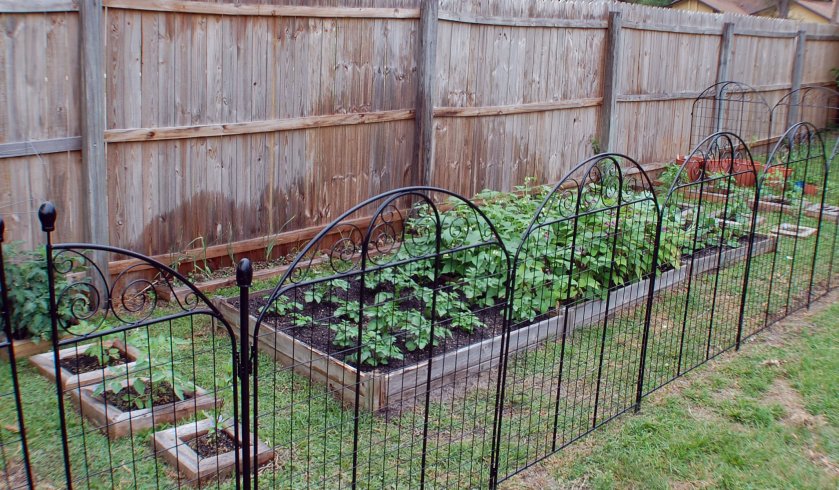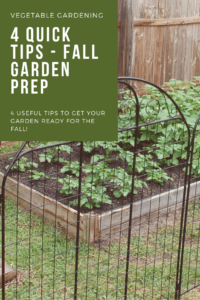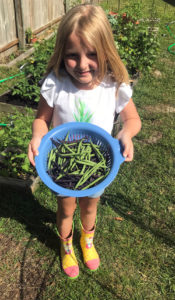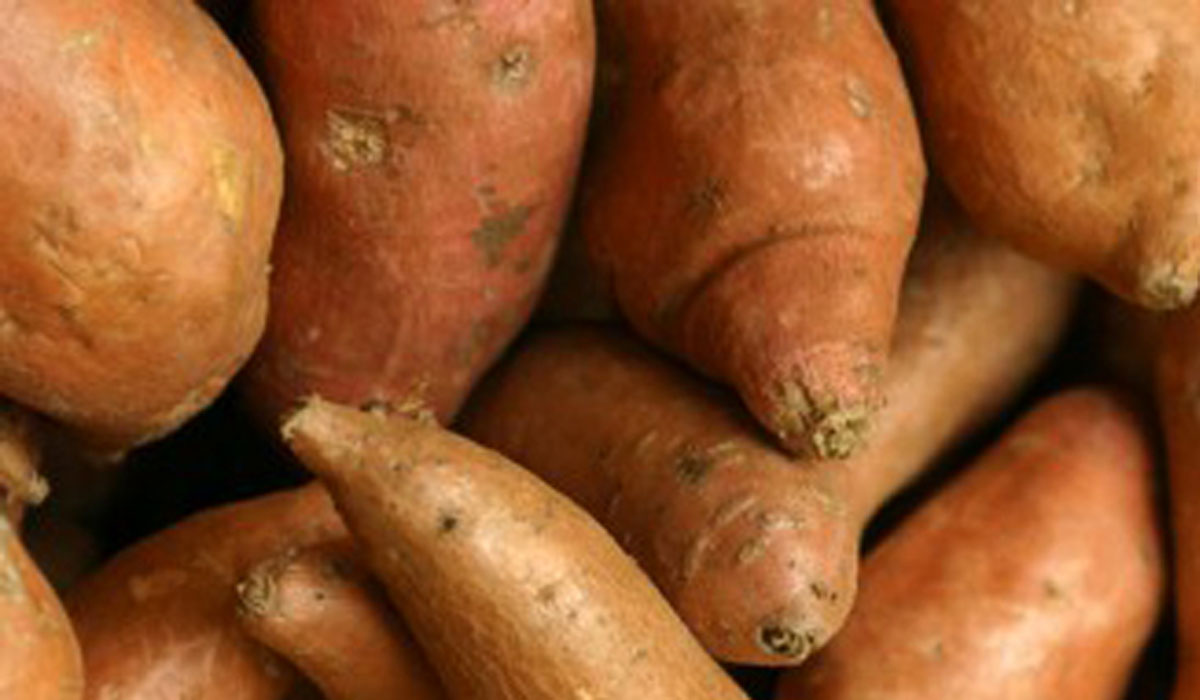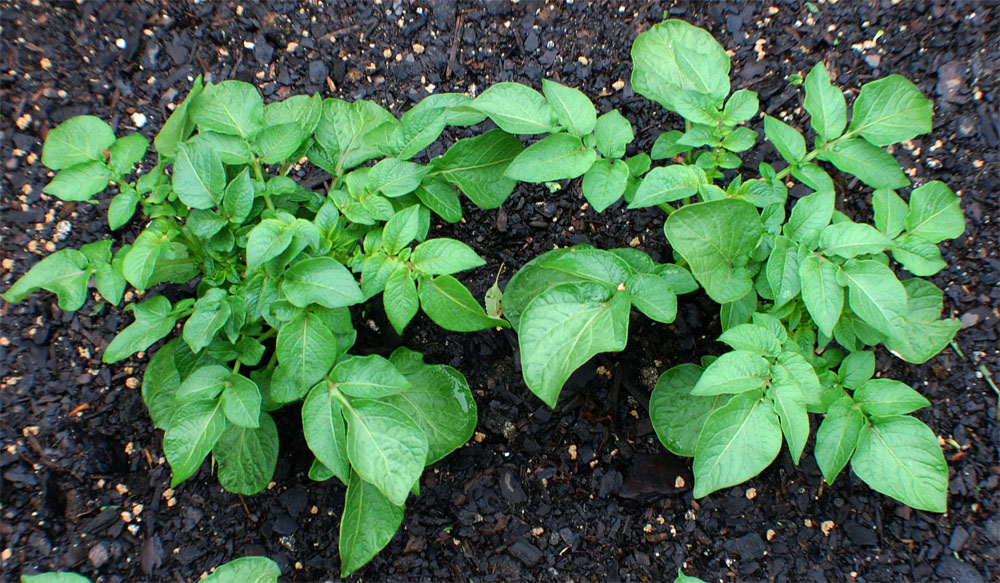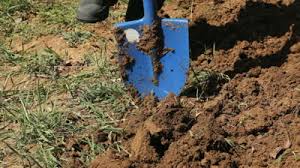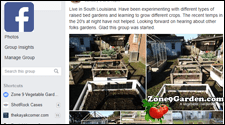In Zone 9 Gardens the time has come to start getting ready for the fall. After enduring a very hot summer, it is time to start growing a variety of fruits and vegetables again. Here are a few quick tips and links to help you get ready!
Start Fall Prep Now:
- Remove Weeds (Helps keep nutrients in the soil and much more...)
- Prep the bed (Turn the top of the soil and ad compost)
- Compost old Plants (Put dead and dying plants into a compost pile)
- Mulch (will help retain moisture and keep microbes and worms happy)
1. Remove Weeds
Often times in the heat of summer a gardeners activity level in the garden reduces greatly and many weeds will take hold as a result. These weeds will rob the soil of its nutrients and often times out compete the intended crop for water causing the crop to grow slowly and produce far less. There are even certain weeds that will release chemicals in to the soil that are harmful to surrounding plants.
2. Prep the Bed
Preparing the vegetable garden bed at the end of the summer for a fall garden will help with faster growth and better production. Start turning the soil over with a garden fork and adding as much organic material as possible as well as a high quality organic fertilizer. Good compost and composted manure (manure in moderation, it can be strong) are best.
3. Compost
At the end of summer many plants start to look bad and are no longer productive. Its time to compost those plants. Add them to the compost pile, if you do not have one, create a new pile. These plants should be composted by the end of winter and ready to use in your spring garden prep.
4. Mulch
While summer is nearing and end, it is still hot out. After putting so much effort into preparing the garden bed it would be a shame for those efforts to be in vain because the bed dries out and kills all the beneficial microbes that inhabit the soil. Put a layer of mulch over the bed to keep moisture in and keep the microbes (and worms) happy!
Start Planting Fall Crops
- Beans (sow seed from August to September)
- Broccoli (August - July)
- Sweet Corn (August - September)
- Onions (September - December)
- Peppers (August - September)
- Full Fall Planting Guide (click here)
Pro Tip:
When sowing seeds for a fall garden, such as peppers and tomatoes, start them indoors during the hottest part of the summer. Let them grow larger than you normally would indoors and transplant them outdoors to replace your spring crops that are no longer producing at the end of summer.


